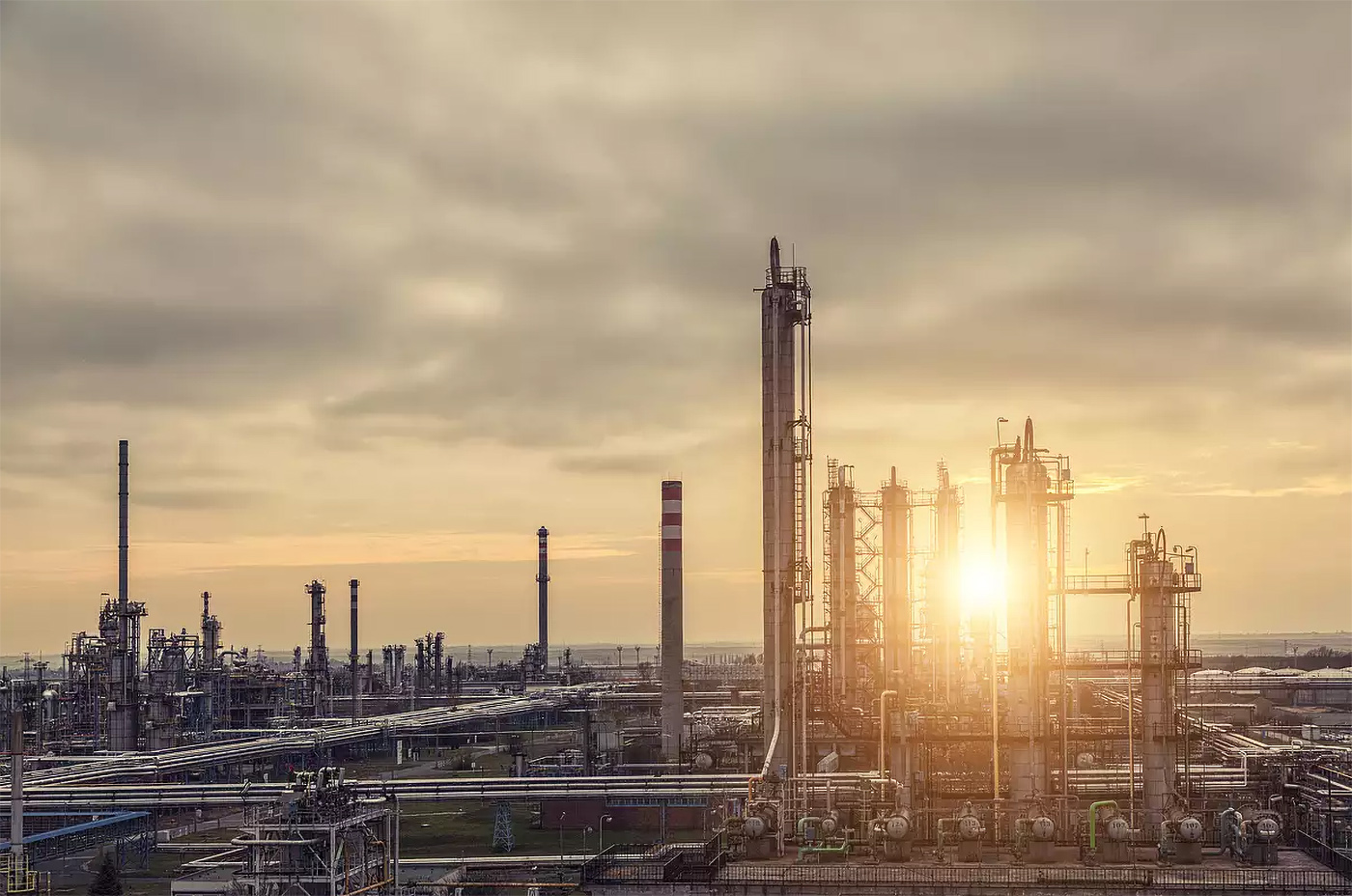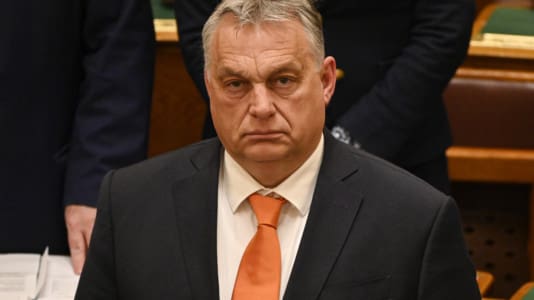Hungarian oil and gas company MOL and Serbia’s Transnafta are preparing a contract to build an oil pipeline between Algyő in southern Hungary and Novi Sad in northern Serbia, said Minister for Foreign Affairs and Trade Péter Szijjártó after meeting Serbian Energy Minister Dubravka Đedović.
Negotiations are ongoing between MOL and Transnafta on the investment, and the contract could be signed at the Serbian-Hungarian government summit scheduled for June, he added.
The 128-kilometer-long pipeline, which will cost approximately €100 million to build, will mostly serve as a conduit for Russian oil. Although Szijjártó did not specify, the pipeline will very likely improve the supply chain for the two refineries located in Algyő and Novi Sad, where existing oil pipelines terminate.
At a joint press conference with Đedović in Budapest, the minister said that the war in Ukraine is creating serious energy challenges for Europe, and experts say it will be extremely difficult to prepare for the next winter.
He pointed out that 60 billion cubic meters less Russian gas will be available on the European market than last year, that demand has increased significantly due to the reopening of the Chinese economy, and that LNG capacities have not yet been built up to the extent needed to replace the shortfall.
“We Hungarians continue to see energy security as a physical and not an ideological issue, and therefore we will certainly not give up well-established, reliable sources,” Szijjártó said, adding that in the context of current negotiations “the Hungarian-Serbian strategic energy cooperation is one of the guarantees that Hungary’s energy supply will be secure in the coming period.”
The FM said that 9 to 15 million cubic meters of natural gas per day arrive in Hungary from Serbia, a reliable transit country, via the TurkStream pipeline, and that the neighboring country is also one of the possible routes for the quantities of gas that Hungary wants to buy from Azerbaijan.
Hungary is therefore interested in the development of the internal network in Serbia, considers it a European issue, and therefore expects the European Union to finance all infrastructure developments in the region that will allow Central Europe to have access to alternative sources. He said that a framework agreement had been reached on the storage of 500 million cubic meters of natural gas for Serbia in domestic storage facilities in Hungary this year.
In addition, Hungary’s MVM and Srbijagas will soon set up a joint venture to carry out joint gas trading activities, thus strengthening the presence of the two countries in the Central European energy market, said Hungary’s top diplomat.





